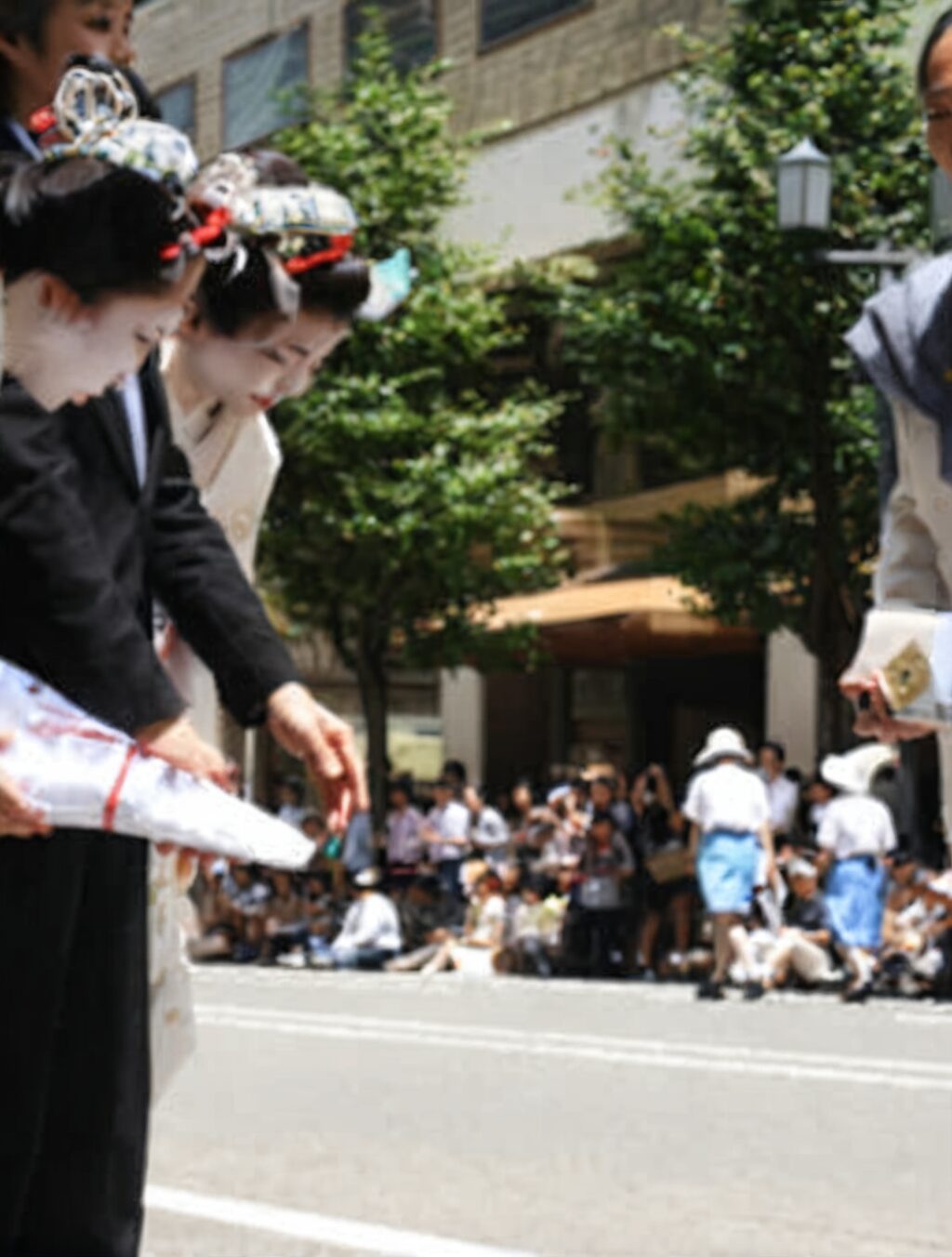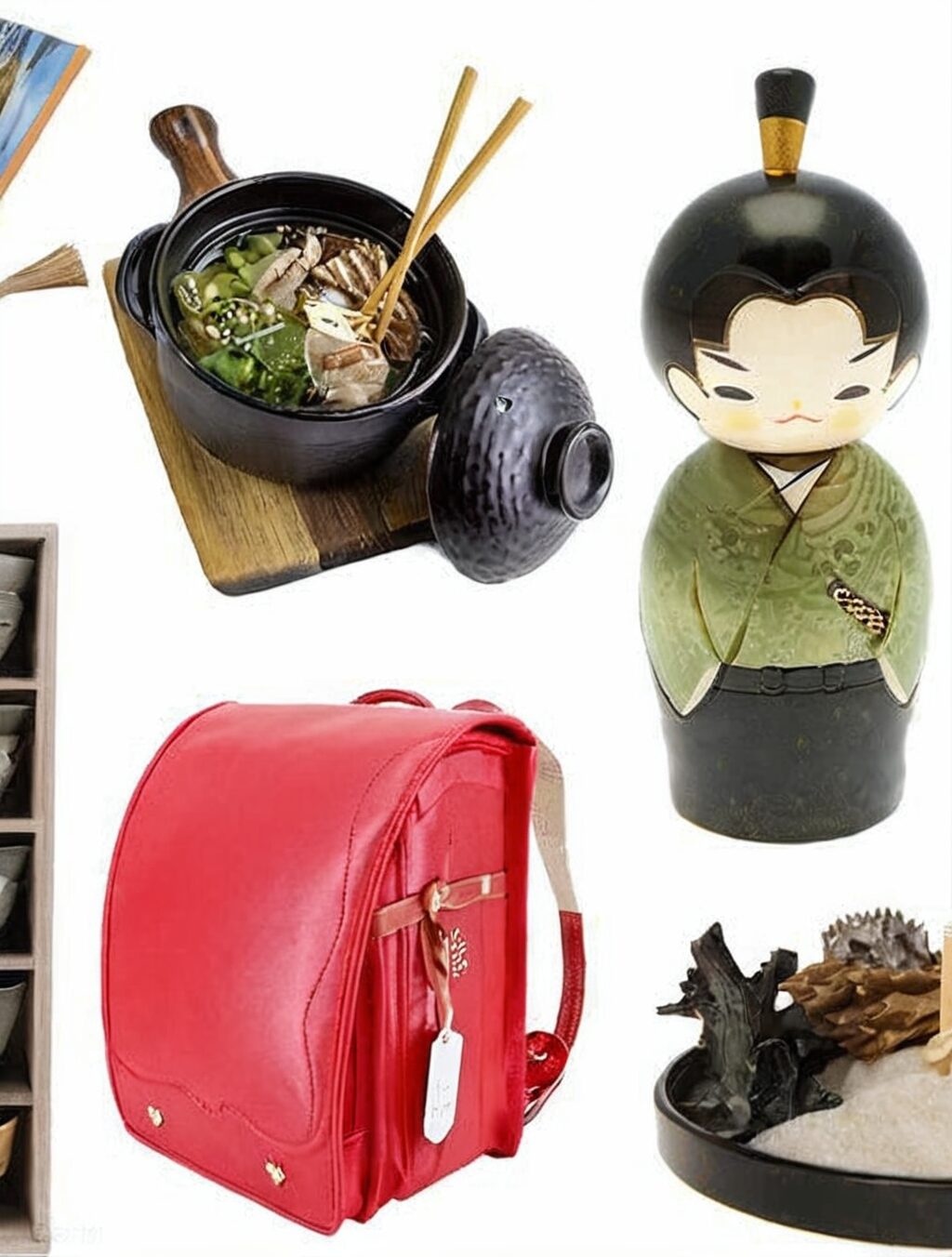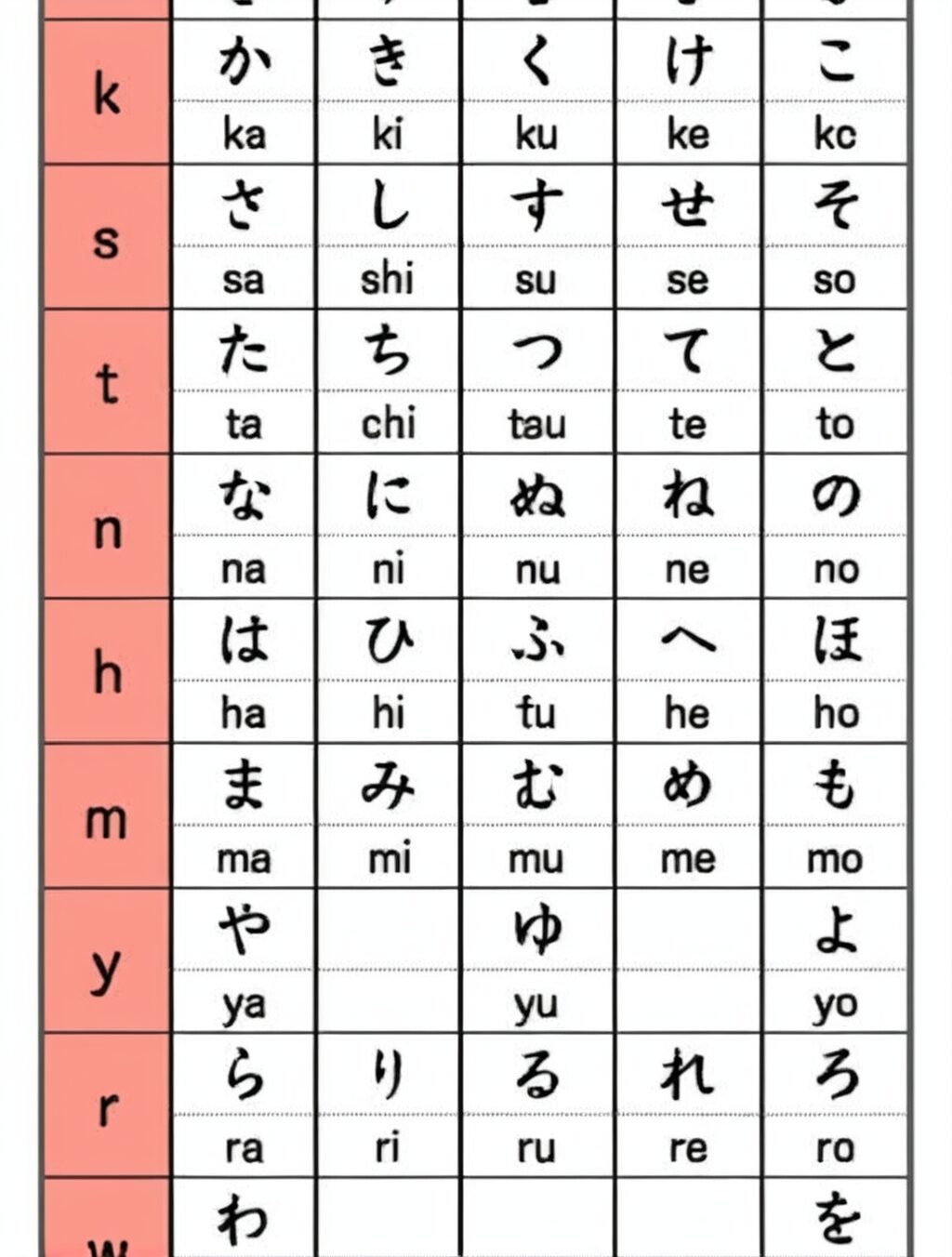Gift Giving Etiquette and Vocabulary in Japan
Win a Free Trip to Japan!
Experience cherry blossoms and ancient temples
Navigating the nuances of gift giving in Japan can be a bit daunting for outsiders. From the intricate wrapping to the specific Japanese language used, there are certain customs and etiquette to keep in mind to avoid any faux pas.
Japanese Words for “Gift”
- Omiyage: A souvenir or gift brought back from a trip or special occasion.
- Okurimono: A more formal gift, often given for special events like weddings or birthdays.
- Present: The Westernized term for “gift” used in Japanese.
Gift-Wrapping Etiquette
Presentation is paramount in Japanese gift-giving. Gifts are typically wrapped in multiple layers of paper, each with its own meaning. The outer layer, called “noshi,” is adorned with a decorative ribbon and a strip of paper with a Japanese hiragana message expressing the giver’s sentiments.
Gift Shops in Japan
Finding gift shops in Japan is easy. Look for stores with signs that say “Omiyage” or “Souvenir.” These shops offer a wide range of traditional and modern gifts, from delicate ceramics to anime merchandise.
FAQs
- Is it okay to give used gifts in Japan? No, used gifts are generally not considered appropriate.
- What should I avoid giving as a gift in Japan? Items that are sharp, such as knives or scissors, are considered taboo.
- How much should I spend on a gift in Japan? The amount spent on a gift depends on the occasion and the recipient’s relationship with the giver.
Conclusion
Understanding the intricacies of gift giving in Japan can help you make a meaningful gesture that will be appreciated by the recipient. From the choice of gift to the way it’s wrapped and presented, every detail matters in this unique and thoughtful cultural practice.
gift giving in japan
Navigating the Art of Gift Giving in Japan: A Guide to Customs and Etiquette
The Japanese culture places great importance on gift-giving, and understanding the customs and etiquette surrounding this practice is essential for visitors and expats alike. From the specific gift in Japanese used to the intricate wrapping techniques, every aspect of gift-giving in Japan is steeped in tradition.
Japanese Words for “Gift”
- Omiyage (おみやげ): A souvenir or gift brought back from a trip or special occasion.
- Okurimono (おくりもの): A more formal gift, often given for special events like weddings or birthdays.
- Present (プレゼント): The Westernized term for “gift” used in Japanese.
Gift-Wrapping Etiquette
Presentation is paramount in Japanese gift-giving. Gifts are typically wrapped in multiple layers of paper, each with its own significance. The outer layer, called “noshi,” features a decorative ribbon and a strip of paper with a Japanese kanji message expressing the giver’s sentiments.
Gift Shops in Japan
Finding gift shops in Japan is easy. Look for stores with signs that say “Omiyage” or “Souvenir.” These shops offer a wide range of traditional and modern gifts, from delicate ceramics to anime merchandise.
FAQs
- Is it okay to give used gifts in Japan? No, used gifts are generally not considered appropriate.
- What should I avoid giving as a gift in Japan? Items that are sharp, such as knives or scissors, are considered taboo.
- How much should I spend on a gift in Japan? The amount spent on a gift depends on the occasion and the recipient’s relationship with the giver.
Conclusion
Understanding the nuances of gift in Japan can help you make a meaningful gesture that will be appreciated by the recipient. By adhering to the customs and etiquette outlined above, you can navigate the intricacies of this unique cultural practice and make a lasting impression.
gift in japanese language
## The Art of Japanese Gift Wrapping: A Guide to Customs and Etiquette
Japanese gift-wrapping is a beautiful and intricate art form that conveys respect and thoughtfulness. From the choice of paper to the way the gift is tied, every detail has a specific meaning. Understanding the customs and etiquette surrounding Japanese gift wrapping is essential for visitors and business professionals alike.
### Japanese Gift Wrapping Techniques
- Furoshiki: A traditional Japanese wrapping cloth used to wrap gifts of all shapes and sizes.
- Origami: The art of paper folding, often used to create decorative embellishments for gifts.
- Noshi: A decorative paper strip with a printed message, attached to the gift with a ribbon.
### Japanese Gift-Giving Etiquette in Business
- Choose a gift that is appropriate for the occasion and the recipient’s position.
- Wrap the gift carefully and elegantly.
- Present the gift with both hands.
- Do not open the gift in front of the giver.
### Top 9 Gift Ideas from Japan
- Wagashi: Traditional Japanese sweets made from rice flour, sugar, and other natural ingredients.
- Sake: Japanese rice wine, available in a wide range of flavors and styles.
- Tea: Japan is renowned for its high-quality green tea, such as matcha and sencha.
- Ceramics: Japan produces exquisite ceramics, from delicate teacups to elaborate vases.
- Kimono: Traditional Japanese robes, often given as gifts for special occasions.
- Ukiyo-e prints: Woodblock prints depicting scenes from Japanese life and culture.
- Japanese dolls: Traditional dolls representing various characters and folklore.
- Lacquerware: Objects coated with a durable and decorative lacquer finish.
- Fans: Japanese fans are both beautiful and functional, and make thoughtful gifts for any occasion.
### FAQs
- Is it okay to give used gifts in Japan? No, used gifts are generally not considered appropriate.
- What should I avoid giving as a gift in Japan? Items that are sharp, such as knives or scissors, are considered taboo.
- How much should I spend on a gift in Japan? The amount spent on a gift depends on the occasion and the recipient’s relationship with the giver.
### Conclusion
Understanding the art of Japanese gift wrapping and gift-giving etiquette is essential for making a positive impression in both personal and business settings. By following the customs and guidelines outlined above, you can convey your respect and appreciation for Japanese culture and traditions.
gift in japanese hiragana
## Navigating the Nuances of Gift Giving in Japan: Customs, Etiquette, and Vocabulary
The Japanese culture places great importance on gift-giving, and understanding the customs, etiquette, and language surrounding this practice is essential for visitors and expats alike. From the specific gift in Japanese word used to the intricate wrapping techniques, every aspect of gift-giving in Japan is steeped in tradition.
Japanese Words for “Gift”
- Omiyage (おみやげ): A souvenir or gift brought back from a trip or special occasion.
- Okurimono (おくりもの): A more formal gift, often given for special events like weddings or birthdays.
- Present (プレゼント): The Westernized term for “gift” used in Japanese.
Gift-Giving Etiquette in Japan
- Choose a gift that is appropriate for the occasion and the recipient’s relationship with the giver.
- Wrap the gift carefully and elegantly. Consider using traditional Japanese wrapping techniques like furoshiki or origami.
- Present the gift with both hands, and hold it out in front of you with the wrapping facing the recipient.
- Do not open the gift in front of the giver. It is considered impolite to do so.
Gift-Giving Culture in Japan
Gift-giving in Japan is not just about giving a present; it is an expression of respect, appreciation, and social obligation. Gifts are often given to show gratitude, apologize for a mistake, or celebrate a special occasion. The value of the gift is not as important as the thought and effort put into choosing and presenting it.
FAQs
- Is it okay to give used gifts in Japan? No, used gifts are generally not considered appropriate.
- What should I avoid giving as a gift in Japan? Items that are sharp, such as knives or scissors, are considered taboo. Additionally, avoid giving gifts that are too personal or revealing.
- How much should I spend on a gift in Japan? The amount spent on a gift depends on the occasion and the recipient’s relationship with the giver. However, it is generally considered acceptable to spend around 3,000 to 5,000 yen (approximately $30 to $50) on a gift.
Conclusion
Understanding the intricacies of gift-giving in Japan can help you make a meaningful gesture that will be appreciated by the recipient. By adhering to the customs and etiquette outlined above, you can navigate the nuances of this unique cultural practice and make a lasting impression.



